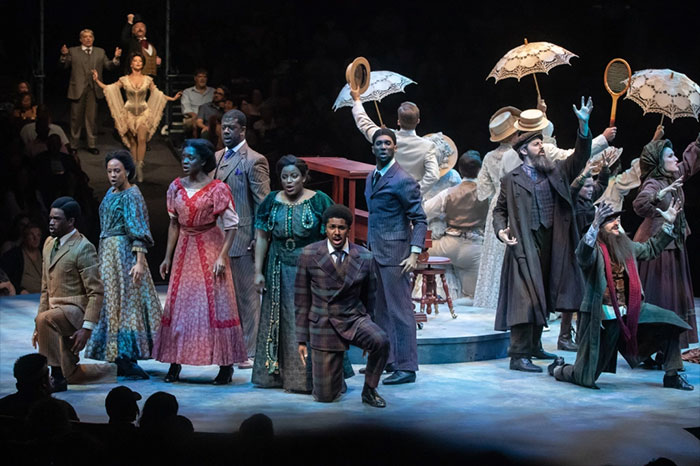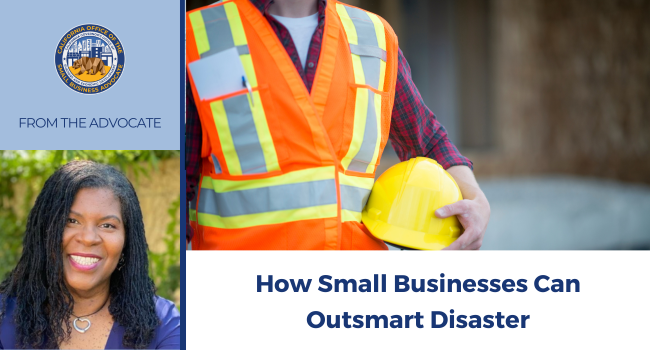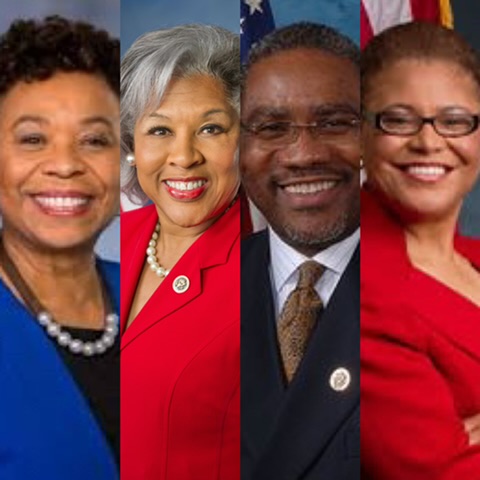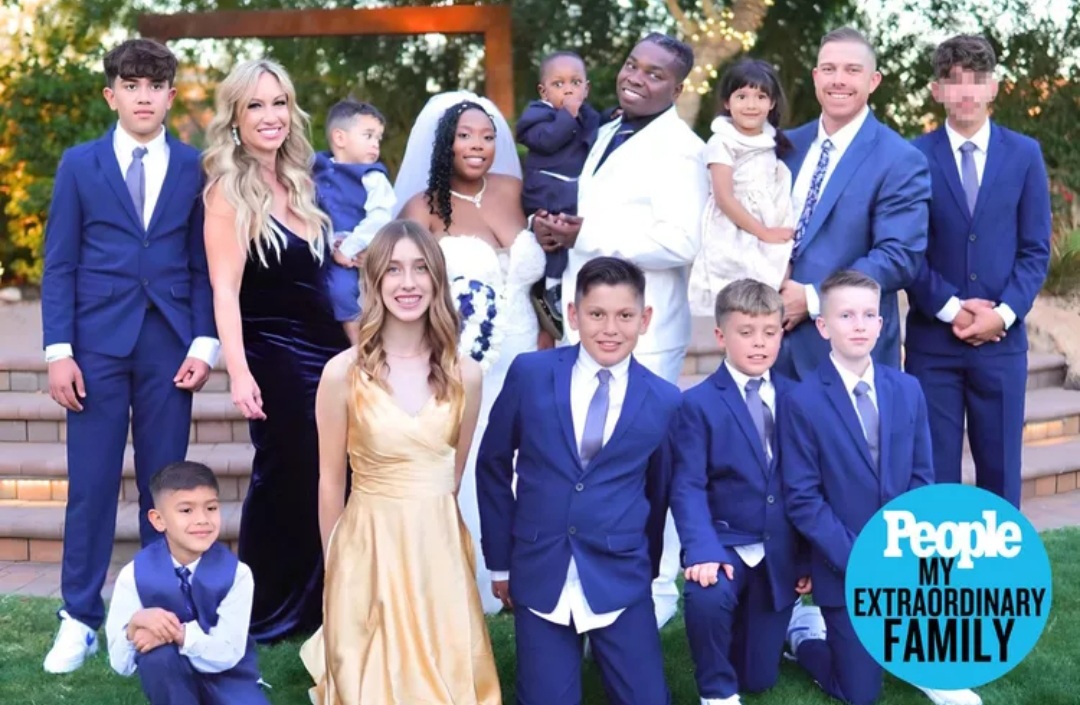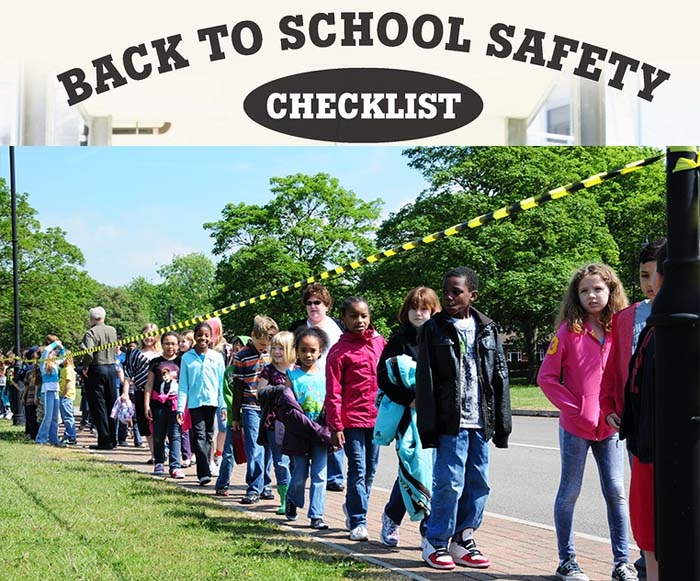
Submitted by contributing writer Sandy Holman
A message for educators and others – during times of mass violence, murder, hate rhetoric, which has elevated to new levels with dire consequences, and a general sense of chaos in our communities, people, and especially our youth, are going to be affected. It is critical that we be prepared to address some of the current events happening in the classroom (at all levels from preschool, elementary, junior high, high school, etc.) since not doing this will disrupt your ability to teach and impact our youth. What is going on in our country and the world, will be on their minds, as it is on ours also. Their sense of safety at school, and perhaps yours, will be affected too.The word has been put out that people of color are being targeted more by hate groups, and everyone will be affected by this in some fashion. Hence, classroom encounters and lessons, which deal with what your youth will be thinking about, will be critical in the classroom, home and in the community. You do not have to be an expert to process some of these things so that you are able to teach effectively. I strongly encourage everyone to plan something in the classroom, talk about things at home and in your organizations, and reflect on how things are affecting you too, as it pertains to what we are experiencing in our country and the world. Thank you for all you have done and will have to do, to be able to be effective with our youth. I know, a variety of organizations, school districts and many of us are prepared to help you. Stay hopeful and do something to make a difference.
Educational Sharing: One way to empower students and communities which have been traumatized, and we all have gone through a collective trauma experience with the mass shootings which are saturating our collective experiences to a tipping point, is to spend time going over some basic things. A few of these include the following:
1. Allowing youth to share how they feel.
2. Acknowledging these feelings and discerning who may need some extra help or assistance from a counselor.
3. Doing a lesson about the history of supremacy ideology and hate groups so that students have a broader understanding of dynamics which are affecting their lives and possible solutions to it.
4. Summarizing ways that students can protect themselves and help those they love stay safe. This is extremely empowering since it helps people not feel helpless.
5. Doing a lesson around using talents to make a difference in their communities and being proactive in positive ways for change. This is critical too and very empowering.
6. Doing a unit around “Lessons Learned from History,” around current events and what things we can try and do differently.
7. Doing some mindfulness activities like we did last year to help youth who are stressed out and have anxiety issues.
8. Going overboard to create a safe space in your classroom, what to do in an emergency, and perhaps discussing a group project which has a positive impact on people.
EDUCATIONAL TIP: The Southern Law Poverty Center: splcenter.org has some great resources for classrooms and information about hate groups. Some additional resources and organizations to reach out to on a local to national level:
At UC Davis:
- The Center for Leadership and Learning
- Davis Phoenix Coalition
- Cross Cultural Center
- Chicana & Chicano Studies
- Ethnic Studies & Area Studies
- UC Immigrant Legal Services Center
- The International House
- Center for Regional Change
- Imagining America
At California State University, Sacramento:
At the state to national level:
- Policy Link
- The Kirwan Institute
- Color of Change
- La Raza
- National Education Center
- National Urban League
- California Association for Bilingual Education
- NAACP
- Black Lives Matter
- A Black Education Network (ABEN)
- Poor People’s Campaign: A National Call for Moral Revival
Most all college campuses have a Diversity and Inclusion Department and/or Institute of Social Change along with other resources that may be helpful to you. Contact your local school districts to connect with those persons who directly address equity, justice, inclusion and other critical issues.
SELF CARE: NO doubt, recent events have affected you too. I know they have affected me and it is especially important for you to take care of you too. Talk, write, and reflect about what you are feeling. Allow yourself to feel it and process those feelings in healthy ways. Acknowledge any fears you have and talk to a counselor even if you need to. Then, think about something you can do to make a difference and do your best to do that. All the things we talked about last year as far as self-care will help you if you do them.
In general I hope the suggestions made above in this article can be helpful to educators and others on what they can possibly do – please share with your networks. If you have any questions or would like additional information, please e-mail Sandy Colman, Director of The Culture C.O.-.O.P at info@cultureco-op.com or visit our website at www.cultureco-op.com.
Peace, hope, safety and action for change.
